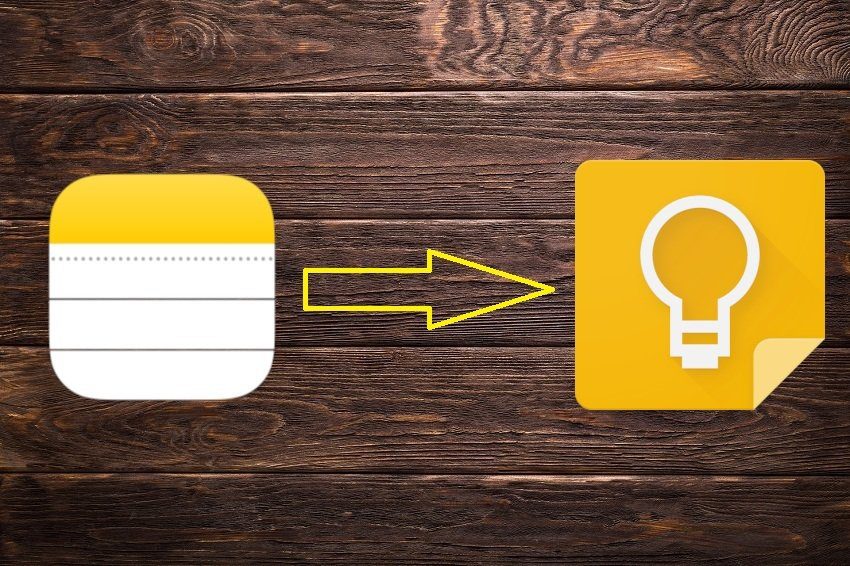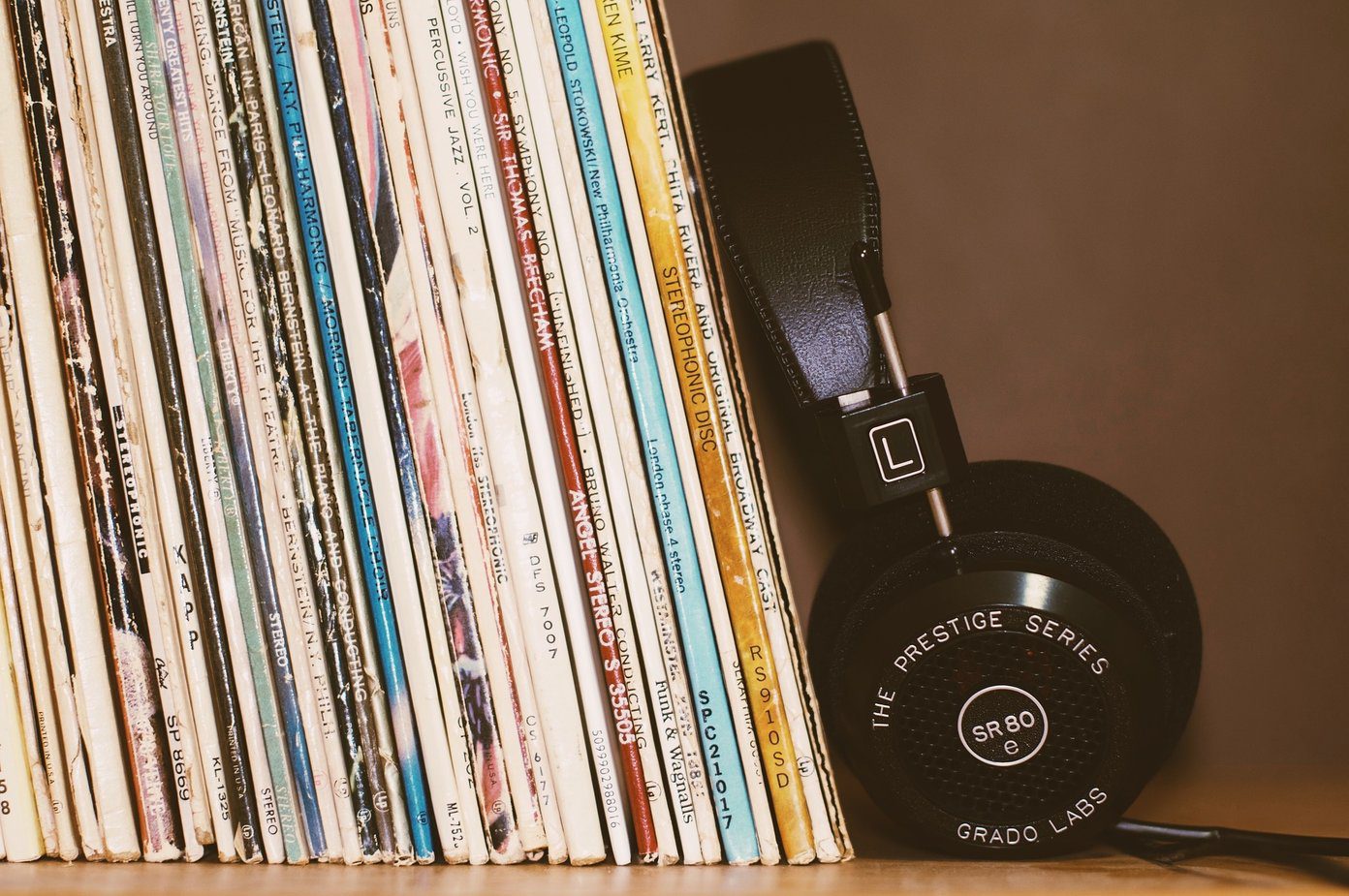The iPhone and other iOS devices of course are no exception to this. In fact, iTunes on Macs and PCs as well as iOS devices support not just traditional playlists, but also Genius and Smart playlists as well. Let’s take a look at these three types of playlists, how they work and how to create them, as well as a nice trick related to Smart Playlists.
Traditional Playlists
Traditional playlists are the ones where you manually choose a number of songs from your music library and add them to your collection or playlist and then name it however you like. To create one, simply open the Music app on your iPhone or other iOS device and then tap on Add Playlist… at the top of the screen. Once you do, you will be prompted to name your new playlist. Do so and press Save. After that you will be able to choose the song you want to add to your playlist from your music library. Just tap on any song and it will be instantly added to your newly-created playlist. Once you are finished, tap on Done and your playlist will finally be ready. Cool Tip: If you want to know more about any song from your playlist (or from your entire music library for that matter), simply tap and hold on the song you want to know more about and more information about it will be displayed in a popover box. Also, we recently covered the way to queue music on iPhone randomly without making a playlist. Do check that out.
Genius Playlists
If instead of creating your own playlists you would like to leave all the process to your iPhone or iOS device, then Genius Playlists will be up to the task. Genius Playlists is a very popular feature released by Apple some time ago in which iTunes creates an entire playlist by using just a single song of your choosing and matching it with other songs from your library that will sound good with it. Apple achieves this by using data gathered from other users who share their music library’s information with Genius. To create a Genius playlist on your iPhone or other iOS device, simply tap on a song and once it is playing tap on the Genius icon at the top centre of the screen. If the icon is not showing, tap once on the middle of the screen to make it show. Once you do, your iPhone will use its gathered Genius data and will create a Genius playlist on the spot, which you can refresh or play immediately.
Smart Playlists
Contrary to traditional and Genius playlists, Smart Playlists can only be created on your Mac or Windows PCs with the help of iTunes. We have already covered thoroughly what Smart Playlists are and how you can create them in iTunes and and sync them to your iPhone, iPad or iPod Touch. You can check that guide if you want to learn about them. If you have already read it or know what a Smart Playlist is, then instead here is a very nice trick on how to use them to save space on your iPhone or your other iOS device. Let’s say, for example, that you have either limited space on your iOS device or that your Music library is too big. One way or another, instead of wasting precious minutes micromanaging which songs to sync every time you do it in order to save some space, perhaps you would like instead to assign a set amount of GB and not more nor less in your iOS device exclusively for music. To do this, you can create a Smart Playlist as shown in the article linked above and, when you are in the step where you have to define your new smart playlist’s parameters, check the box next to Limit to. Once you do, click on the drop-down menu where it says Items and change it to GB. Then, next to it, set the amount of GB that you want your new Smart Playlist to contain. Adjust any other parameters that you like and click on OK. Once done, simply sync your Smart Playlist to your iOS device and it will never take more than the size you specified. Tip: If you want to know how to sync songs, playlists and other media to your iPhone or iOS device, check out this tutorial. And that’s it! Three different types of playlists to have you covered no matter what kind you want to create. Which is your favorite? Let us know in the comments below. The above article may contain affiliate links which help support Guiding Tech. However, it does not affect our editorial integrity. The content remains unbiased and authentic.















![]()